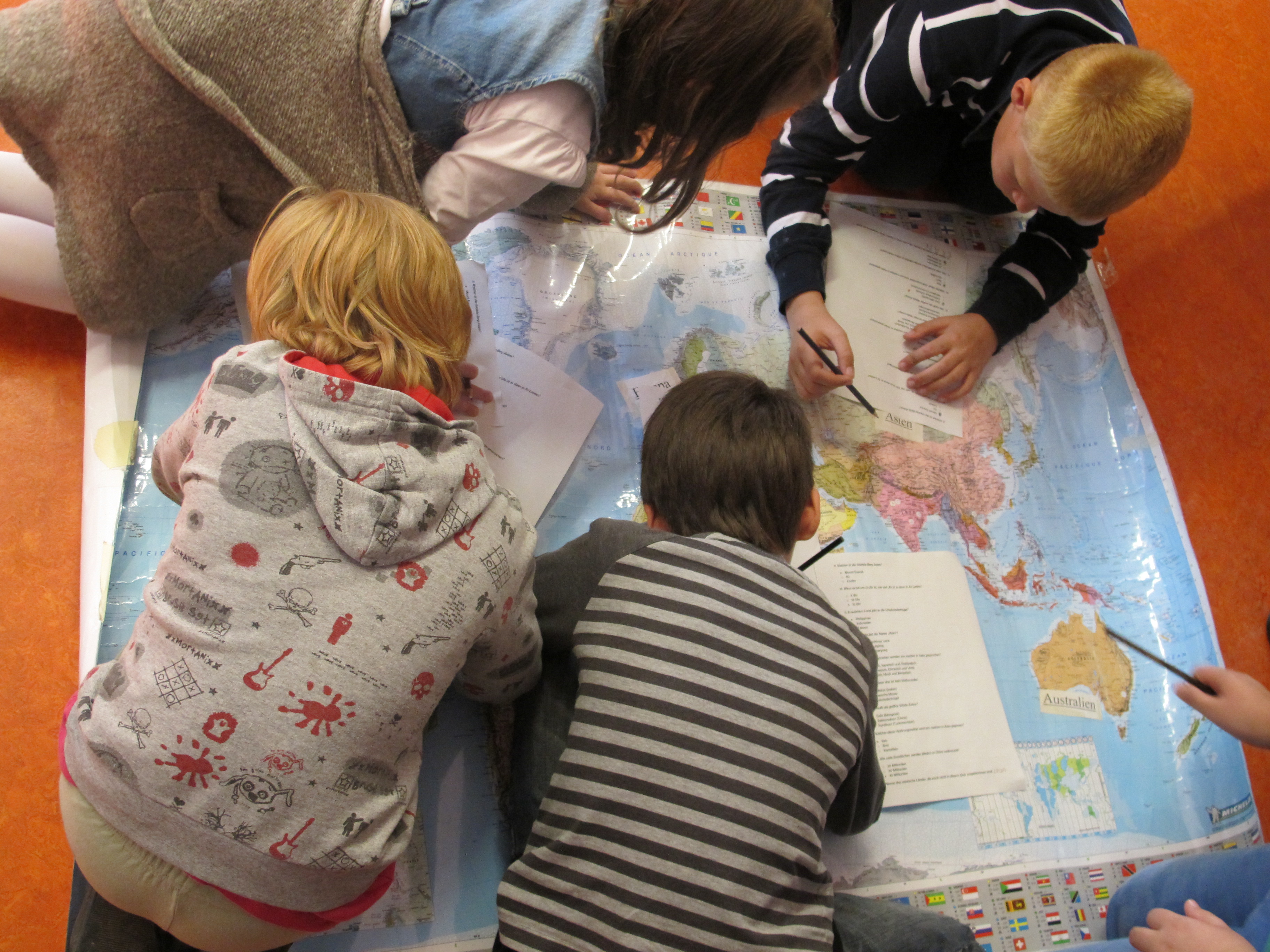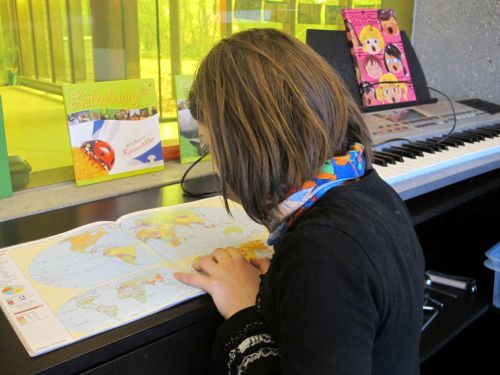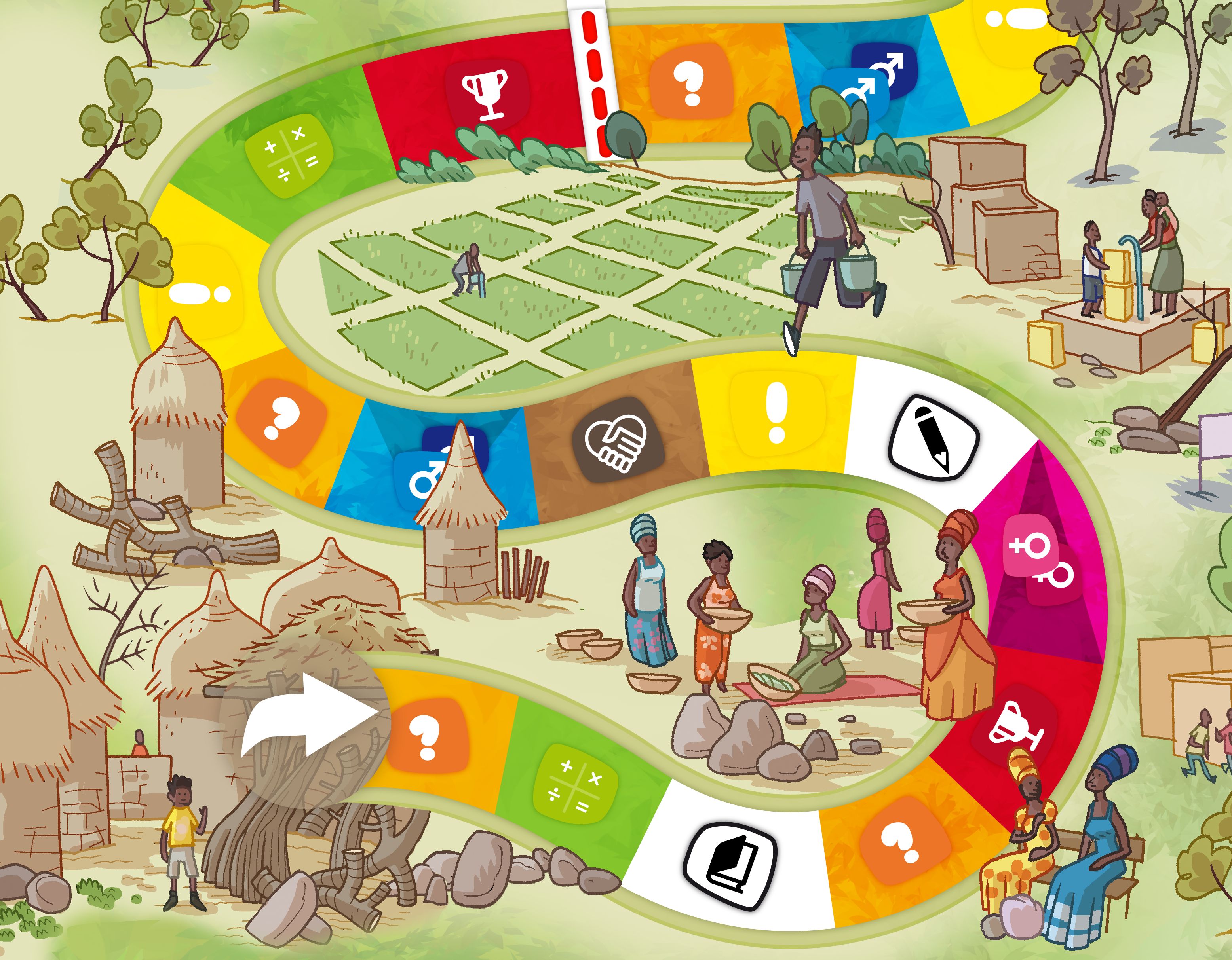The 24th January marks the International Day of Education. The United Nations General Assembly declared this day 5 years ago to celebrate the role of education for peace and development. This year the theme is “to invest in people, prioritize education” (UNESCO,2022). Education is a universal human right, a public responsibility and a public good (UNESCO,2022), which should be inclusive and equitable to offer lifelong opportunities for all. Without these inclusive and equitable standards, the chances of achieving gender equality and reducing poverty are slim.
In September 2022, UNESCO released shocking statistics: 244 million children under 18 do not have access to basic education and 771 million adults are illiterate. With a rate of 98 million, Sub-Saharan Africa sadly comes first with regard to out-of-school children. Moreover, it is now the only region where the numbers continue to climb. Followed by Central and Southern Asia, with a rate of 85 million (UNESCO,2022).
Despite the statistics showing an overall reduction in out-of-school children over the years, the numbers are still too high. Policies need to be implemented immediately to safeguard a child’s right to education. The issue is of particular concern to girls: worldwide, 129 million girls are out of school, compared to 115 million boys (UNICEF,2023).
The reasons for these low rates of access to education are varied. Many developing countries lack proper school structures, which are often deteriorated, and cannot afford education. Poor families often favor boys when investing in education, as girls are deemed inferior. Girls experience more child marriages and gender-based violence. Children who live through economic fragility, political instability, conflict and natural disasters will not have access to education (UNICEF,2023).
By reducing or abolishing school fees, improving resources for teachers and students, educating parents, and in many other ways, education for all will advance overall. These actions will, in turn, further enhance people’s health, reduce infant mortality, increase employment, and diminish the gender gap. However, this is easier said than done.
Hannah Hawes, International Development Student
January 2023 for CSI Luxembourg
Bibliography:
UNICEF (2023) Girls’ education: gender equality in education benefits every child. Verfügbar bei: https://www.unicef.org/education/girls- education#:~:text=Worldwide%2C%20129%20million%20girls%20are%20out%20of%20scho ol.
UNICEF (2023) Education: every child has the right to learn. Verfügbar bei: https://www.unicef.org/education
UNESCO (2022) 244M children won’t start the new school year (UNESCO). Verfügbar bei: https://www.unesco.org/en/articles/244m-children-wont-start-new-school-year-unesco
UNESCO (2022) Journée internationale de l’éducation. Verfügbar bei: https://www.unesco.org/fr/days/education (Zugegriffen: 11 Januar 2023)
United Nations (2022) UNESCO chief calls for transforming education, with 244 million still out of school. Verfügbar bei: https://news.un.org/en/story/2022/09/1125952
Downloads:
pdf
GLOBAL EDUCATION MONITORING REPORT UNESCO
(4.08 MB)
pdf
Rapport unesco fr
(5.11 MB)
Awareness raising - Importance of Global Education

What is known as “Global Education” takes place in Luxembourg, mainly in primary schools. During workshops, pupils are made aware of the subject of access to education. Through play, they learn why education is so important, and why it is not available to millions of children. They learn about the living and learning conditions of their peers in other countries and are given an opportunity to play an active part in achieving access to education for all.

In addition, CSI raises the general public’s awareness of the subject of access to education. Exhibitions, film evenings and other activities are organised from time to time, in order to focus attention on the subject of education.
For CSI, the goal of Global Education is to give children food for thought, help them develop ideas and show them how, taking account of their own situation, they can help to achieve a fairer world.


 "Act for Change" - everyone can make a difference!
"Act for Change" - everyone can make a difference! LEKOLI
LEKOLI